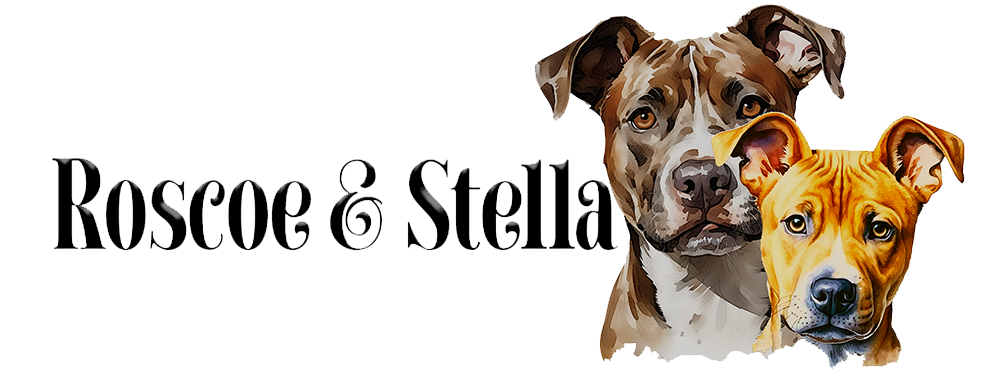Why Does My Maltese Lick So Much? (Causes and Solutions)
By roscoenstella / June 27, 2025 / No Comments / Dog Blog
If your Maltese seems to be constantly licking—whether it’s you, their paws, the floor, or even the air—you’re not alone. While the occasional lick is perfectly normal, excessive licking can point to something deeper going on.
In this article, we’ll break down the most common reasons Maltese dogs lick so much and what you can do to gently correct or manage it.
Let’s talk about:
🐶 common reasons maltese dogs lick excessively🐶 how to tell if licking is a problem🐶 practical solutions to reduce excessive licking🐶 readers personal story🐶 Brain Training for Dogs🐶 final thoughts
Common Reasons Maltese Dogs Lick Excessively
Licking is a natural behavior in dogs, but Maltese owners may notice it more due to the breed’s sensitive and attention-seeking personality. Here are the most likely causes:
Many Maltese lick as a form of self-soothing, especially when they’re anxious, bored, or left alone. It can also be a way to get attention or communicate a need. On the physical side, licking might signal allergies, dry skin, or even pain in a certain area. Some dogs develop the habit over time, especially if it’s accidentally been reinforced with attention.
Boredom or anxiety: Repetitive licking often soothes stress or restlessness.
Allergies or skin irritation: Common in Maltese, especially on paws or bellies.
Habitual behavior: If licking gets your attention, they may keep doing it.
Nausea or digestive discomfort: Some dogs lick excessively when their stomach feels off.
How to Tell If Licking Is a Problem
Not all licking is a cause for concern. The key is to observe the context and frequency.
It’s important to notice when, where, and how often the licking occurs. If your Maltese only licks occasionally—like during grooming or as a sign of affection—it’s likely normal. But if they’re licking the same area constantly, or doing it obsessively when alone, it could point to behavioral or health issues.
Check for redness, bald spots, or irritation
Watch for signs of stress or restlessness
Note if the behavior increases during certain situations (e.g., when you leave)
If in doubt, it’s a good idea to mention it to your vet—especially if the licking is new, intense, or focused on one area.
PetMD advice on excessive licking.
Practical Solutions to Reduce Excessive Licking
Fortunately, there are gentle and effective ways to curb this habit without scolding or creating fear.
Begin by ruling out medical issues with a vet visit. If everything checks out, focus on behavioral adjustments. Increasing your Maltese’s mental stimulation can make a big difference. Structured routines, enrichment toys, and more interactive playtime all help reduce stress and boredom.
Distract and redirect: Offer a chew toy or puzzle when licking starts
Exercise and play: Daily walks and games to burn off energy
Skin and coat care: Use gentle shampoos and check for signs of allergies
Ignore attention-seeking licks: Avoid reinforcing the behavior unintentionally
A Reader’s Story: How Milo’s Licking Was Solved
Lucy from California shared her experience with her 4-year-old Maltese, Milo, who constantly licked his paws and even the sofa cushions. “At first I thought it was just a quirk, but it started happening every day.”
Her vet ruled out allergies, so Lucy began rotating new toys, added short training sessions in the morning, and made a point not to react when Milo licked for attention. “The change was incredible. It took a few weeks, but now he only licks occasionally—and always stops when I redirect him.”
🧠 Mental Stimulation to the Rescue
Sometimes licking is a sign of mental under-stimulation. That’s where Brain Training for Dogs can help. This science-based program uses fun, targeted games to reduce anxiety, improve focus, and encourage calm behavior.
👉 Click here to explore Brain Training for Dogs
Maltese dogs are smart—and a busy brain often leads to a calmer, less licky dog.
Final Thoughts
Licking is natural, but when it becomes excessive, it’s worth paying attention. With a little observation and some thoughtful changes to your dog’s routine, most Maltese can overcome this habit easily.
Patience, redirection, and keeping your dog mentally engaged go a long way. And remember—every behavior is a form of communication. Your Maltese is just asking for your help in the only way they know how.
